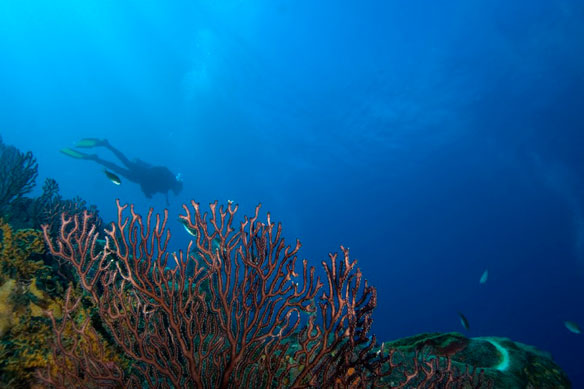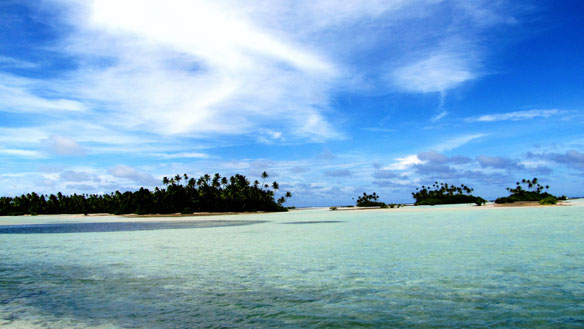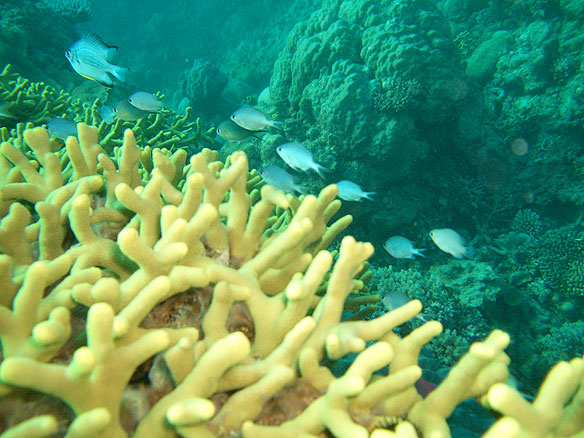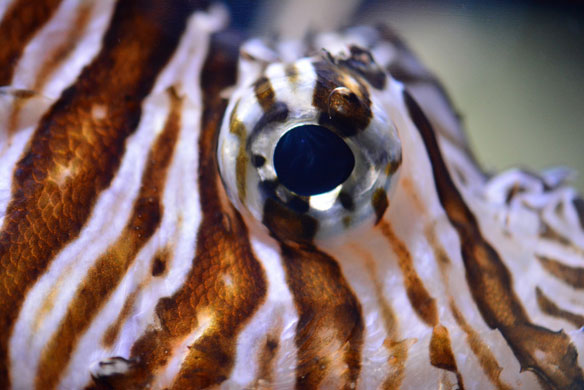From Despair To Repair: Dramatic Decline Of Caribbean Corals Can Be Reversed

With only about one-sixth of the original coral cover left, most Caribbean coral reefs may disappear in the next 20 years.
Coral Reef Restoration Can Save Lives, Livelihoods

A new report suggests that preserving and restoring coral reefs may be one of the cheapest and most effective ways to mitigate coastal erosion and flooding.
Can Soft Coral Save Our Oceans?

New research has uncovered the protective properties of soft coral tissue, which proved resilient when exposed to declining oceanic pH levels, and may provide a new approach toward preserving the harder, calcified reef foundations.
Kiribati Bans Fishing in One of World’s Largest Marine Parks

A tiny island nation, about halfway between Hawaii and Fiji, that controls a vast area of the Pacific Ocean has announced it will ban all commercial fishing in a massive marine park that is the size of California.
New Insights Into The Dynamics Between Reef Corals And Their Algae

Caribbean corals and the algae that inhabit them form a remarkably stable relationship, new knowledge that can serve as an important tool in preserving and restoring vital reef-building corals..
Close-Up Of Coral Bleaching Event

Ecologists have shed light on exactly what happens to coral during periods of excessively high water temperatures.
Coral Reefs are Critical for Risk Reduction & Adaptation

Stronger storms, rising seas, and flooding are placing hundreds of millions people at risk around the world, and big part of the solution to decrease those risks is just off shore. A new study finds that coral reefs reduce the wave energy that would otherwise impact coastlines by 97 percent.
Some Corals Are Adjusting To Rising Ocean Temperatures

Research led by Stanford scientist Steve Palumbi reveals how some corals can quickly switch on or off certain genes in order to survive in warmer-than-average tidal waters.
Lionfish Decimating Caribbean Reefs

The lionfish, believed to have been introduced to the Atlantic coast by aquarium lovers in the 1980s, will likely wipe out most Caribbean reef fish in a decade or two. As a result, many corals that depend on herbivore fish will die and eventually turn to rubble, making shorelines more vulnerable to waves just as global warming is lifting sea levels.
